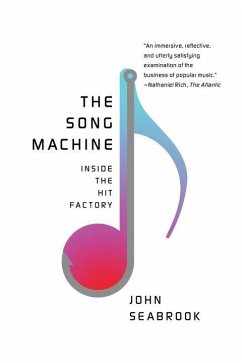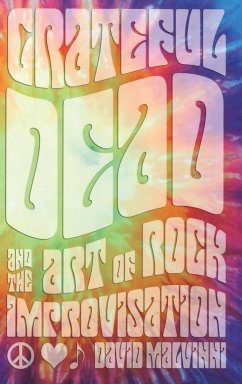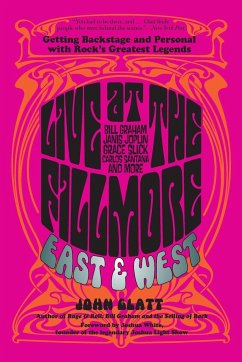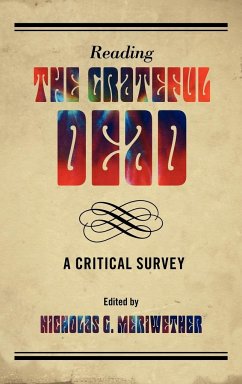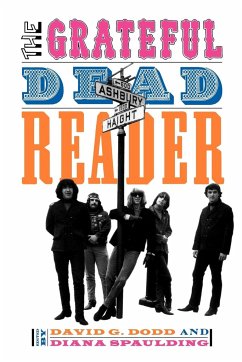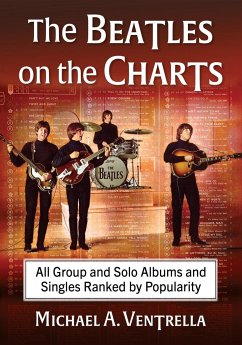
The Seventh Stream
The Emergence of Rocknroll in American Popular Music
Versandkostenfrei!
Versandfertig in 1-2 Wochen
35,99 €
inkl. MwSt.

PAYBACK Punkte
18 °P sammeln!
In this engaging, accessible memoir, Charles Hartman shows how computer programming has helped him probe poetry's aesthetic possibilities. He discusses the nature of poetry itself and his experiences with primitive computer-generated poetry programs and -- illustrated with sample computer-produced verses -- traces the development of more advanced hardware and software. The central question about this cyber-partnership, Hartman says, "isn't exactly whether a poet or a computer writes the poem, but what kinds of collaboration might be interesting." He examines the effects of randomness, arbitrar...
In this engaging, accessible memoir, Charles Hartman shows how computer programming has helped him probe poetry's aesthetic possibilities. He discusses the nature of poetry itself and his experiences with primitive computer-generated poetry programs and -- illustrated with sample computer-produced verses -- traces the development of more advanced hardware and software. The central question about this cyber-partnership, Hartman says, "isn't exactly whether a poet or a computer writes the poem, but what kinds of collaboration might be interesting." He examines the effects of randomness, arbitrariness, and contingency on poetic composition, concluding that "the tidy dance among poet and text and reader creates a game of hesitation. In this game, a properly programmed computer has a chance to slip in some interesting moves."



